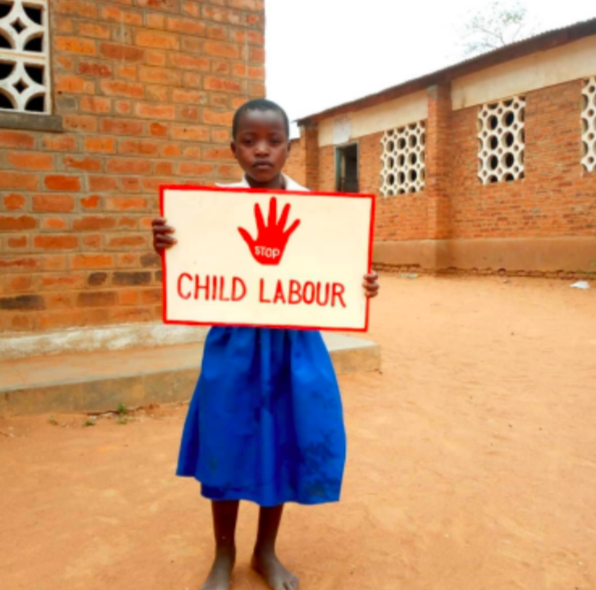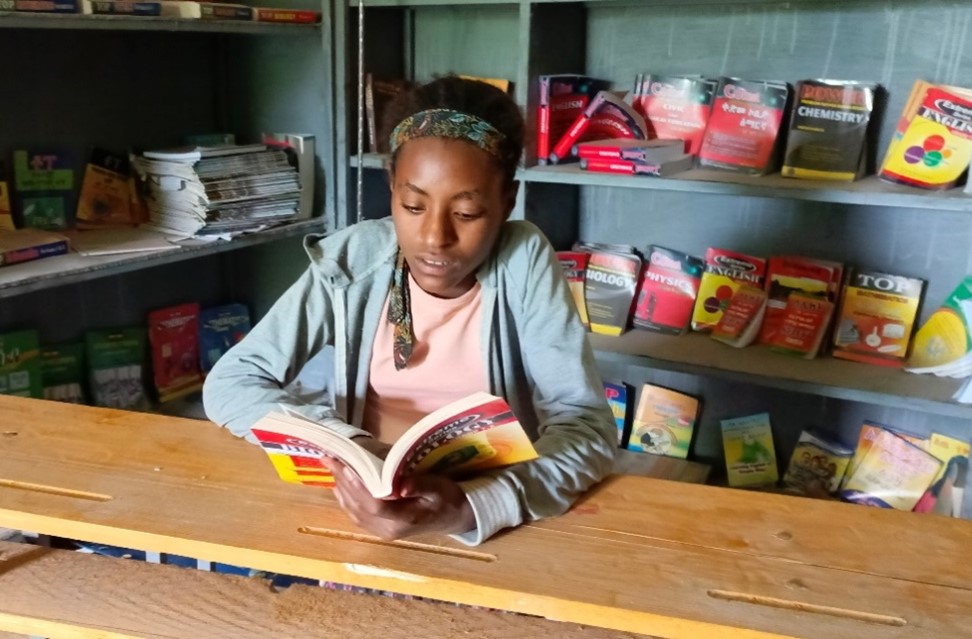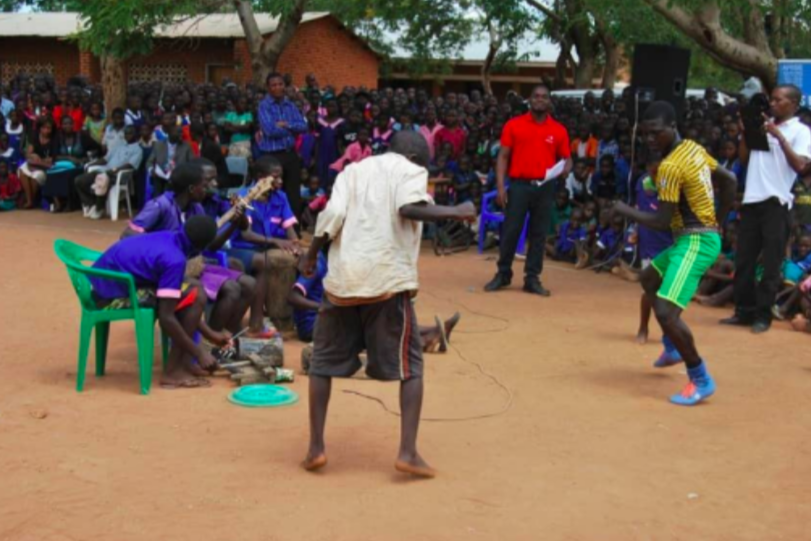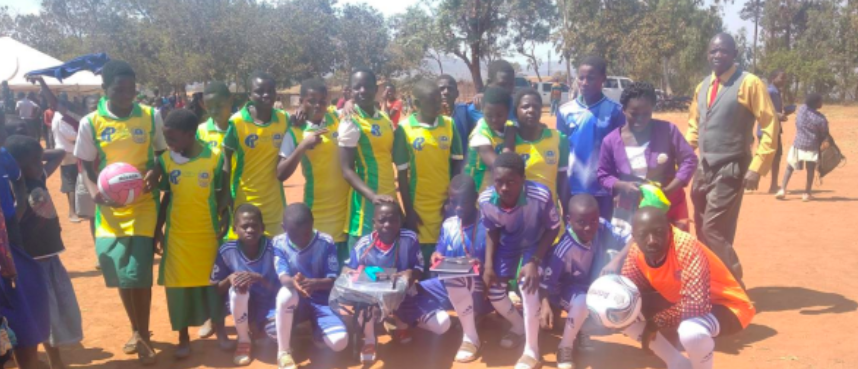In the fight against child labour, community leaders play an important role in mobilising resources, raising child labour awareness and enforcing bylaws. This story highlights the impactful role of social dialogue in involving community leaders such as village heads, school governors and headteachers in implementing a child labour free zone (CLFZ) approach, focusing on sensitisation, enforcement of bylaws and promoting community collaboration.
After Teachers Union Malawi (TUM) trained community leaders in Chigudu zone on child labour, these village heads and chiefs, school governors and headteachers conducted sensitisation meetings targeting parents and other community members. These meetings aimed to raise awareness about the CLFZ project and outline parental responsibilities in eradicating child labour within their communities. The promotion of collaborative efforts within the community fosters a sense of ownership and accountability for better results.
The village heads and chiefs developed and enforced bylaws to promote parental involvement in children’s education and a reduction of child labour. The bylaws were instrumental in encouraging parents and the rest of the community to work together to prioritise education and provide necessary support to their children.
Communities also used innovative strategies. For example, at Mtenthera primary school, Gule Wankulu (a traditional dance representing ancestral spirits) performers were engaged to promote children’s school attendance. Each morning, the Gule Wankulu dancers would go around the village and ensure that no child remained at home during school hours.
Village heads and chiefs took a proactive approach to implementing the CLFZ by tracking the number of school-age children in the village and comparing these numbers with school records. This facilitated the identification of children not enrolled in school, increasing enrolment and improving attendance. For instance, Kapatamoyo primary school witnessed a significant increase in enrolment, attributed to the active involvement of most of the village heads in the surrounding area, who made sure parents sent their children to school and kept them away from child labour.
Through the collective efforts of community leaders, most villages in Chigudu zone surrounding the project schools have actively supported the initiative, resulting in the development of 31 bylaws. This concerted action has led to tangible outcomes such as increased school enrolment and better attendance, and fewer instances of child labour. The collaborative approach has fostered a culture of accountability and community engagement, laying the foundation for sustainable future progress in combating child labour and ensuring a brighter future for the children of Chigudu.





